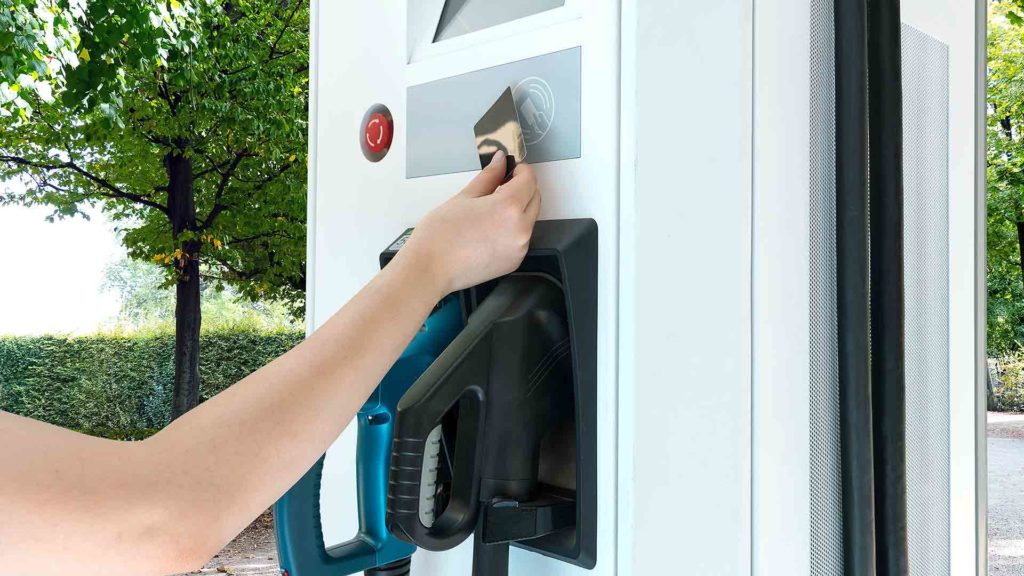Imagine you own a petrol or diesel car that is running low on fuel, but you can only fill up at a Shell station if you’d previously registered your details with Shell. Likewise at an Esso station if you had registered with Esso, and so on.
Instead of around 8,000 fuel stations across the UK to choose from, therefore, you might be limited to a fraction of that number.
This was the situation with electric car charging points. When you registered with just a single provider – and there are many of them – you were limited to their charging points only. In order to access a decent range of public chargers, you had to spend hours setting up accounts with multiple providers.
Clearly, as many EV early adopters discovered, this made no sense. What we needed was the ability to charge electric cars with the tap of a MasterCard, Visa or American Express.
So, from late 2020, the government ruled that all new electric car charge points must take credit or debit cards. The same way that automated petrol pumps do, of course.
Will EV charging points take card payment?

The good news, then, is that electric car charging points do take cards. You can simply turn up and pay, without having to register for an access card or tag first.
All good, then? Well, yes and no. Firstly, there’s no indication when the existing network of charging points will full switch over to credit card access. There are still some older devices that don’t offer this facility.
Secondly, certain charge point operators run a two-tier system with the newer points, billing those who haven’t pre-registered more if they pay with a credit or debit card.
For example, at the time of writing, a BP Pulse 50kW charger costs 69p per kWh if you haven’t registered in advance. But register, and agree to pay £7.85 a month, and you only pay 55p per kWh.
A card-free future for electric cars
Two developments are likely to make the credit card question almost redundant in future. One is that charging via an app on your smartphone will become commonplace.
The other is that new electric cars will have in-built authentication data. You will simply connect to the charging station for payment to be made automatically.
ALSO READ:
EV charging capacity vs. charging speed – which matters more?

